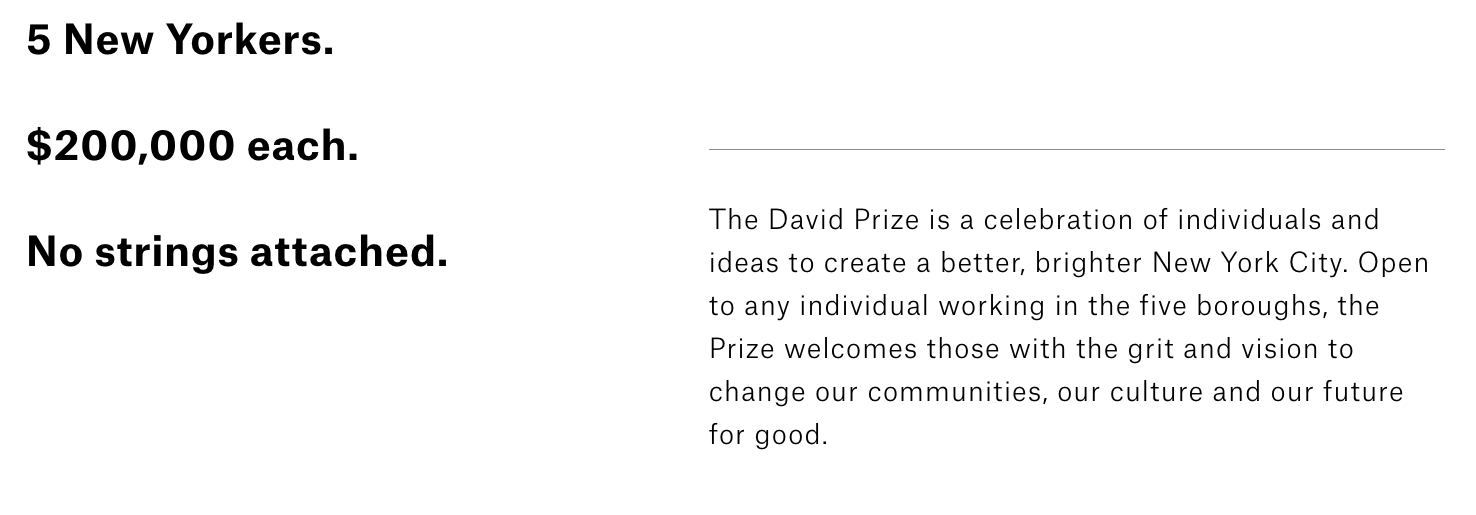Return/Hybrid/Remote
With vaccinations topping 90mm doses in the US and upwards of 75mm doses likely to be injected into arms in the US in March, many companies are starting to think about what a return to the office might look like this summer and fall.
I read two great posts this weekend talking about what this all means for knowledge workers and the companies that employ them:
Imagine Your Flexible Office Work Future – Anne Helen Petersen
We’re Never Going Back – Packy McCormick
They both reference the writing of Dror Poleg on this topic so I will link to his blog as well.
What Anne and Packy are writing about is the future of our work spaces and whether our employers will require us to come back to the office full-time or will something else emerge.
Anne opens her post explaining that while the pandemic has proven that knowledge work does not need to be done in an office filled with all of our co-workers, what we have been doing in the last year is not what we will likely be doing in the future. As she observes, we have simply been working from our homes in the last year and that is not necessarily the future.
Packy asserts that employers don’t really have control over the decision of where we will all work going forward, employees do. The war for talent will determine where all of this lands.
Both are extremely thoughtful posts. I have been thinking about this topic for the better part of a year, for USV and for the 150 portfolio companies that we have invested in and advise. Anne and Packy’s thoughts line up pretty cleanly with mine. I think the change in venue for knowledge work is likely to be one of the biggest changes that we will see this decade.
Last summer, the Gotham Gal and I decided to make a co-working space where people living in the Clinton Hill and Bed-Stuy neigborhoods in Brooklyn could work when they don’t want to go to the office but also don’t want to work from their kitchen or bedroom. We call it FrameWork and it will be opening next month. The tagline is “Your Home Office Away From Home.” We are very excited by the possibility that many more people will work most of the time in the neighborhoods that they live in and commutes will be an occasional thing versus an everyday thing. I think the quality of life improvements and the quality of neighborhood improvements that will emerge from this will be dramatic.
FrameWork is just an example of the many ways that knowledge workers will choose to work going forward. I expect the innovation around work spaces will be fast and furious once we can actually start working somewhere other than our home. And I expect that to start to happen in the second quarter of this year as I explained in my Jan 1st 2021 blog post.
So if you are an employer, what do you do? This suggestion by Packy is interesting:
instead of mandating a certain number of days in-office, companies should view employees as customers who they need to convince to come in with a great product:
Re-design the office to facilitate things that employees can’t do at home: whiteboard rooms, podcast and video recording studios, screening rooms, maker tools, etc…
Take less space on more flexible terms in order to adapt and evolve as employees’ needs do.
Make the office feel more like a social club, with more focus on spaces for employees to share meals, have spontaneous conversations, and take in work-related programming.
Hire hospitality and flexible operators to help them figure it out. Alma does hybrid work/social well, so Carlström set up Another Structure to bring that expertise to companies that want to build the right spaces for this new world.
Infuse the space with technology to facilitate communication and collaboration with remote employees.
https://www.notboring.co/p/were-never-going-back
But it is this observation by Anne that I think is maybe the most powerful of all:
The idea of “boundaries” has become so porous when it comes to cultivating work/life balance that it’s lost all meaning. People don’t respect boundaries. You don’t respect them. Even when the pandemic is over, it’s going to be very, very difficult to try to rebuild them. What we actually need are guardrails, big and sturdy ones, to protect us from the runaway semi-truck of work.
In our current framework, boundaries are the individual’s responsibility, and when they’re broken, it’s because the individual failed to protect them. But guardrails? They’re there to protect everyone, and they’re maintained by the state, aka your company. There are a lot of ways to actually build guardrails around employee’s lives, and we discuss them at length in the book. But the larger shift has to be away from all of this worthless “personally-maintained boundaries” bullshit.
https://annehelen.substack.com/p/imagine-your-flexible-office-work
As Anne correctly points out, working from home has meant working non-stop for many of us. I am guilty of this and I feel it after a year of working this way. Employers will need to figure out how to constrain work hours for their employees because it turns out we can’t do that for ourselves. Office hours (9 to 5) did that for us. What will be the new office hours? We will need to figure that out.
We have the possibility to fundamentally change the way knowledge work is done and how we who do it experience it. The opportunities around this are almost endless and I am personally very excited by it.
